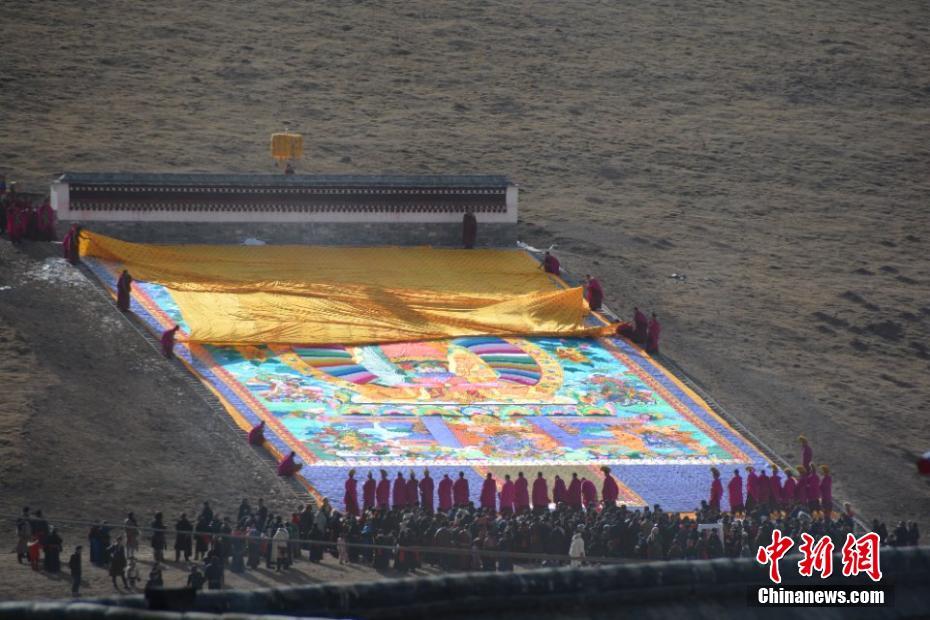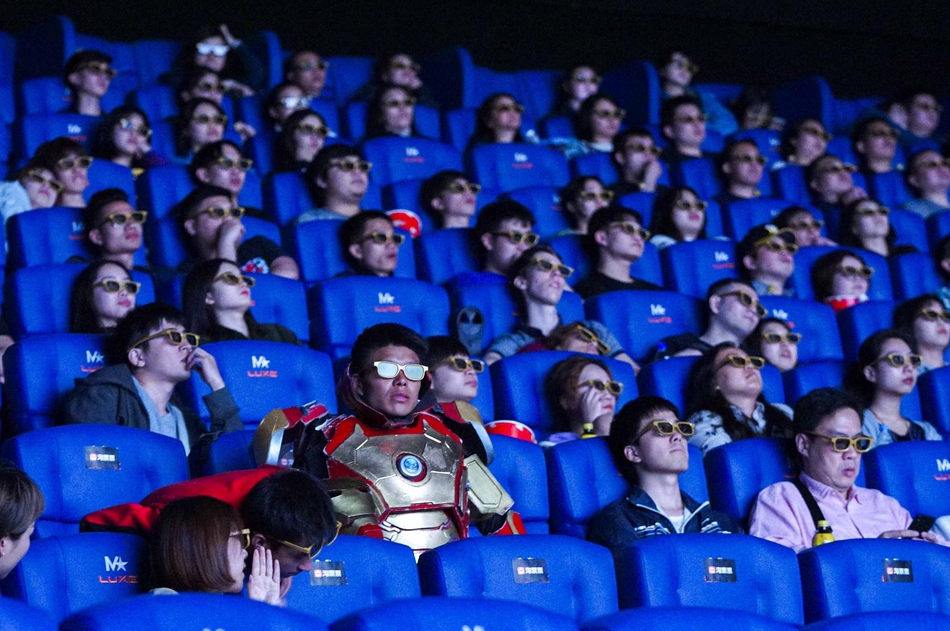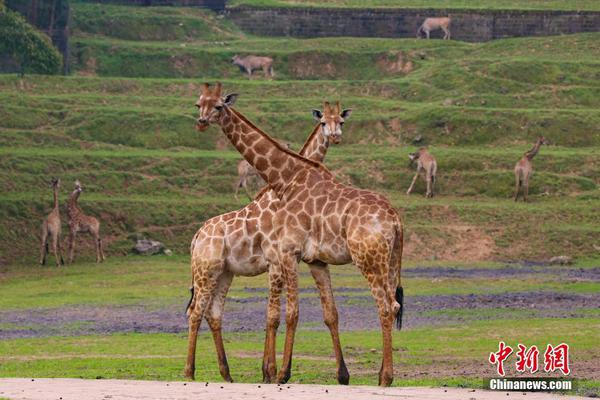
SALT LAKE CITY, Utah — The Japanese American Citizens League (JACL), other civil rights organizations, and individuals have regularly commemorated a Day of Remembrance on Feb. 19 to remember the World War II experience of Japanese Americans being incarcerated in camps. On that day in 1942, President Franklin D. Roosevelt signed Executive Order 9066.
That order gave military commanders in certain areas the authority to remove any persons from specific regions of the country. The order was used only against people of Japanese descent who were living on the West Coast of the U.S. It affected mostly Japanese Americans and immigrants who lived in California, Oregon, and Washington.
A commission set up under President Jimmy Carter studied the issue and later determined that the unjust incarceration was due to racism, war hysteria, and a lack of competent government leadership at that time.

Around 120,000 people of Japanese heritage were uprooted from their homes with their freedom taken away. Ten camps were built in remote and desolate areas of the country to hold the people as prisoners. Two of the camps were in California (Manzanar and Tule Lake), two in Arkansas (Jerome and Rohwer), two in Arizona (Poston and Gila River), and once each in Colorado (Amache), Idaho (Minidoka), Wyoming (Heart Mountain), and Utah (Topaz).
Although Utah has had a governor’s proclamation in the past to commemorate Feb. 19 as a Day of Remembrance for Japanese Americans, it has been done on a temporary basis. A bill to make a permanent Day of Remembrance on Feb. 19 was sponsored by Jani Iwamoto, Utah state senator from Salt Lake City. The bill passed the Legislature and was signed by Gov. Spencer Cox and Lt. Gov. Deidre Henderson on April 18.
Among those present at the signing representing the Japanese American community of Utah were Iwamoto’s husband, Steve Fukumitsu, and her mother, Yas Iwamoto; Judge Raymond Uno, who had been at Heart Mountain; Ted Nagata, who had been at Topaz, with his wife, Yeiko, and daughter, Susan; Jeanette Misaka, who had been at Heart Mountain; Jason Kunisaki, Mike Iwasaki, and Floyd Mori.

The point of remembering is to try to ensure that no one else will ever have to suffer such an egregious violation of their constitutional rights as American citizens. It is hoped that the general public will become educated on this part of American history, which is not well-known.
Along with the Day of Remembrance bill, there were several other important pieces of legislation that affect other minority communities in Utah.
 L.A. Times’ Kimi Yoshino to Receive Press Club Award
L.A. Times’ Kimi Yoshino to Receive Press Club Award
 Tesla to start operations at new Megapack factory in Shanghai · TechNode
Tesla to start operations at new Megapack factory in Shanghai · TechNode
 Everything we know about iOS 26 ahead of Apple WWDC 2025
Everything we know about iOS 26 ahead of Apple WWDC 2025
 Black Myth: Wukong Xbox version delayed due to memory limitations · TechNode
Black Myth: Wukong Xbox version delayed due to memory limitations · TechNode
 OBITUARY: Mas Fujimoto, 92; Longtime Koyasan Troop 379 Scout Leader
OBITUARY: Mas Fujimoto, 92; Longtime Koyasan Troop 379 Scout Leader
 NYT Connections Sports Edition hints and answers for June 1: Tips to solve Connections #251
NYT Connections Sports Edition hints and answers for June 1: Tips to solve Connections #251
 Everything we know about iOS 26 ahead of Apple WWDC 2025
Everything we know about iOS 26 ahead of Apple WWDC 2025
 Lynk & Co’s flagship SUV to compete with Range Rover, Li Auto’s L9 · TechNode
Lynk & Co’s flagship SUV to compete with Range Rover, Li Auto’s L9 · TechNode
 Ige Signs Emergency Proclamation in Anticipation of Hurricane Lane
Ige Signs Emergency Proclamation in Anticipation of Hurricane Lane
 Best earbuds deal: Save $30 on EarFun Free Pro 3
Best earbuds deal: Save $30 on EarFun Free Pro 3
 Takei: ‘This Nightmare Is Finally Drawing to a Close’
Takei: ‘This Nightmare Is Finally Drawing to a Close’
 NYT Connections hints and answers for June 1: Tips to solve 'Connections' #722.
NYT Connections hints and answers for June 1: Tips to solve 'Connections' #722.
 JD.com gradually rolls out Alipay integration as China pushes for e
JD.com gradually rolls out Alipay integration as China pushes for e
 Chinese startup Sharge unveils first mass
Chinese startup Sharge unveils first mass
 Takei: ‘This Nightmare Is Finally Drawing to a Close’
Takei: ‘This Nightmare Is Finally Drawing to a Close’
 Why the monarch butterfly in the U.S. will likely be officially endangered
Why the monarch butterfly in the U.S. will likely be officially endangered
 Vivo to invest heavily in mixed reality and humanoid robots, says executive VP · TechNode
Vivo to invest heavily in mixed reality and humanoid robots, says executive VP · TechNode
 01.AI refutes rumors of selling teams to Alibaba · TechNode
01.AI refutes rumors of selling teams to Alibaba · TechNode
 BCA Statements on Separation of Parents and Children at Border
BCA Statements on Separation of Parents and Children at Border
 SXSW launches first London festival with its eye fixed on AI
SXSW launches first London festival with its eye fixed on AI
'The Idol' episode 2: The most WTF scenes from 'Double Fantasy'The social media apps we use, from best to worstMeta cuts EU adEarly Motorola Black Friday deals: Up to $500 off at Best Buy'The Idol' episode 2: The most WTF scenes from 'Double Fantasy'What is the Pinegrove Shuffle trend? TikTok dance and indie music mashBest smartwatch deal: Get the Garmin Epix Gen 2 smartwatch 55% offLimited edition rainbow dildo for PrideManchester City's UCL final win was certainly a game the internet watchedBest birthday gifts for mom ‘Mr. Los Angeles’ Tom LaBonge Passes at 67 VOX POPULI: We Must All Speak Out Supervisor Preston Condemns Vandalism of Japantown’s Famous Cherry Blossom Trees Next on 'Asian Pacific America' NASA to Remember Shuttle Challenger Crew Still Time to Save Former Keiro Facility East West Wednesdays Launches May 6 A Rose Blooms in Little Tokyo Trump Impeached Over Capitol Riot Little Tokyo Businesses Receive Grants from GoFundMe Campaign
0.14s , 14374.5625 kb
Copyright © 2025 Powered by 【straight males have rough bareback gay sex videos】Enter to watch online.Utah Governor Signs Day of Remembrance Bill,Global Perspective Monitoring